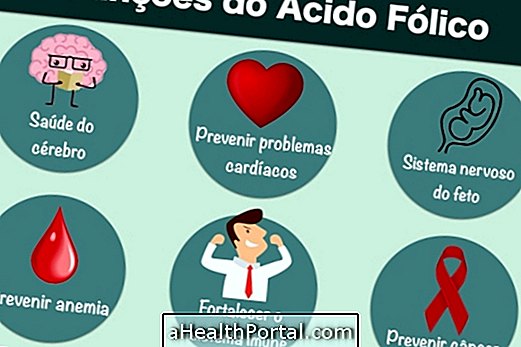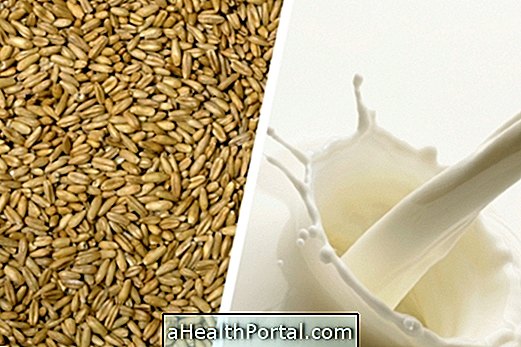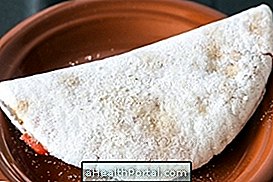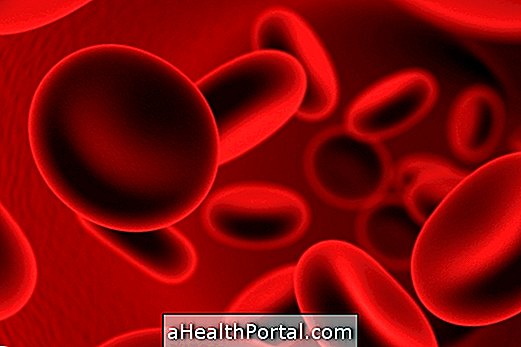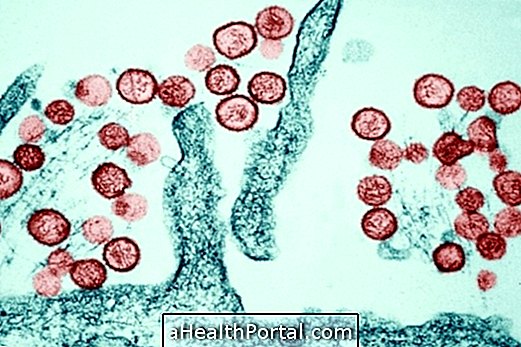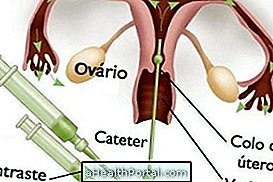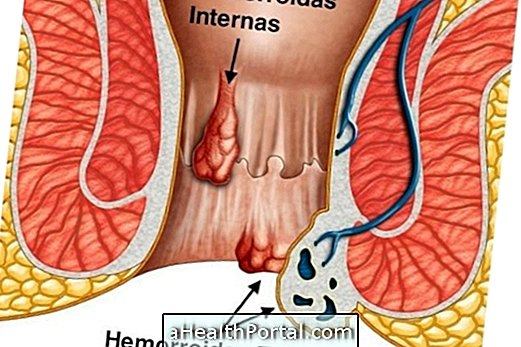To regulate the thyroid, it is important to have a diet rich in iodine, selenium and zinc, important nutrients for the proper functioning of this gland and that can be found in foods such as fish, seafood and Brazil nuts.
In addition, it is important to remember that the primary means of treatment for thyroid disease is the use of specific medications prescribed by the doctor to control the symptoms. See which medicines are used in the treatment of Thyroid Remedies.

Good thyroid food
Important nutrients and foods to regulate the thyroid naturally, being useful both in the case of hypothyroidism and in the case of hyperthyroidism, are:
- Iodine: sea fish, all seaweed, shrimp, egg. See more on iodine functions in: Iodine prevents infertility and thyroid problems.
- Zinc: oysters, meat, pumpkin seeds, beans, almonds, peanuts;
- Selenium: Brazil nuts, wheat flour, bread, egg;
- Omega-3: avocado, linseed oil and high-fat fish such as salmon, sardines and tuna;
These nutrients help in the formation of thyroid hormones and their action in the body, keeping the metabolism balanced. It is also important to remember that in Brazil cooking salt receives addition of iodine, a measure used to prevent thyroid problems, such as goiter.
Here's how eating can help:

Foods that damage the thyroid
Soy and its derivatives, such as milk and tofu, are the main foods that can contribute to deregulating the thyroid. However, this risk is greatest only for people with a family history of problems in this gland, who do not consume iodine properly or who have a diet rich in refined carbohydrates, such as sweets, pasta, breads and cakes.
In addition, people who already take thyroid medications should avoid consuming foods rich in calcium, such as milk and dairy products, and iron supplements, as they may decrease the effect of the medicine. So the best option is to take the medicine at least 2 hours before or after meals.
Other foods that harm the thyroid are vegetables like cabbage, broccoli, cabbage and spinach which contains glucosinolates and therefore should not be consumed raw daily, however when they are cooked, stewed or sauteed it is possible to consume these vegetables normally.
Those who have a thyroid disorder should also reduce the consumption of sugar and foods such as bread and cake industrialized, for example that are rich in sugars, yeasts and additives because these can also disrupt the metabolism and decrease the production of thyroid hormones.

